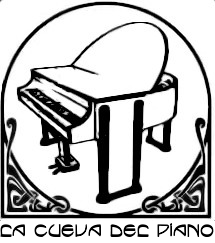Premonition
2. Le vent dans la plaine
The title Le vent dans la plaine quotes the opening epigraph of Paul Verlain’s collection Ariettes Oubliées (1872). The poem had already borrowed this epigraph from the vaudeville Ninette à la cour (1755) by Charles-Simon Favart. The reference to a few stanzas of a profuse work by an 18th century vaudeville composer is intriguing. Perhaps the key to the enigma is that these lines divulge the central theme of the vaudeville: Ninette, a country girl, is invited to court. At first, she is dazzled by the luxury of the palace. Soon, however, she becomes disenchanted as she understands that the apparent splendor is a veil of hypocrisy that conceals the selfish intentions of courtesans whose priority is to remain in the King’s favor.
I freely associate Ninette’s disillusionment and the electrifying character of the music with the Dreyfus Affair, a key event in the origins of the new French Third Republic: Alfred Dreyfus, a Jewish officer of the new democratic professional French army was falsely—but conveniently—accused of high treason. The Dreyfus Affair was a political spearhead in the dispute over who could legitimately hold full French citizenship and be confided with a place in the French army. Previously, Jews did not enjoy full citizenship and could not enlist in the army. This issue became a vortex of many controversial dilemmas that the new republic had to face. The controversy reached its climax with the incarceration of Émile Zola after the publication of J’accuse...!, an article in which Zola publicly blamed the French political and military institutions of corruption. Before the eyes of Europe, this event called into question censorship imposed by a democratic government that supposedly advocated the social changes promoted by the French Revolution.
 > >
|
 > >
|



